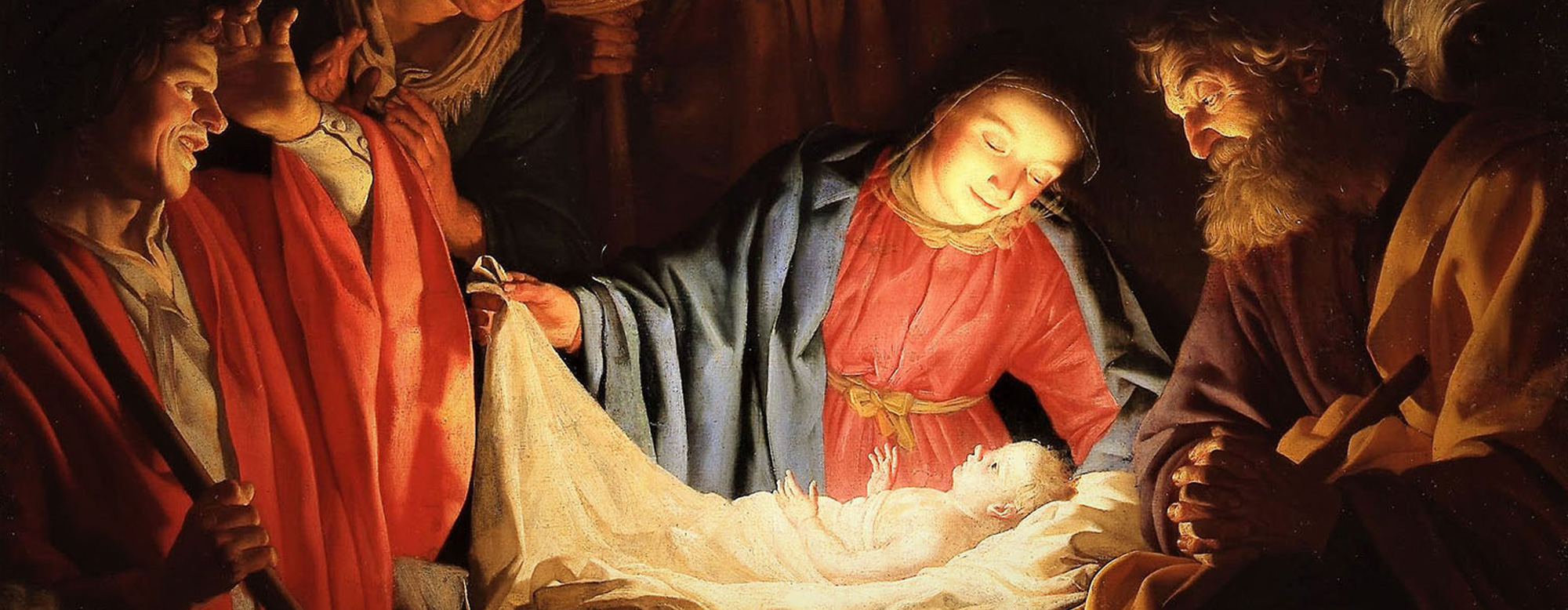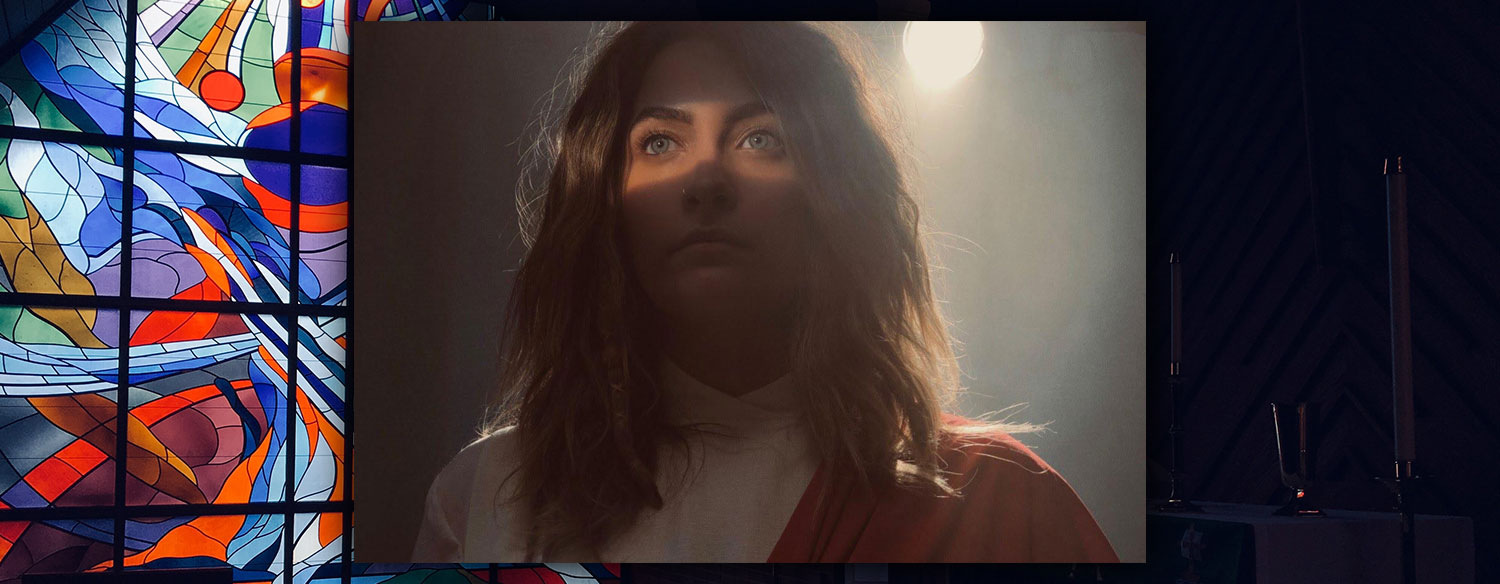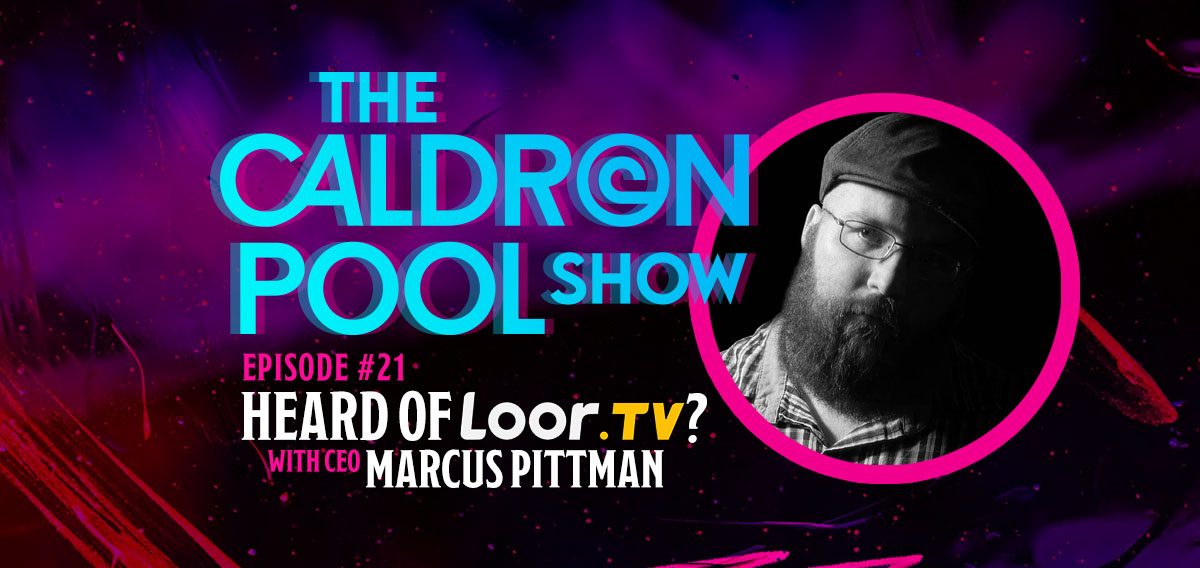I’m a Christmas fanatic. I love everything about the Christmas season—from the carols in the mall to the massive overspend on food to watching children get lost on stage during their nativity plays. And of course, I always look forward to streaming the same cheesy Christmas movies I saw last year.
But there’s one thing I love about Christmas that towers over everything else. Each year the feeling returns, and it’s one I never quite have words for. It’s the mind-blowing revelation that at Christmas, God became one of us.
This is the reason we celebrate with our tinsel and trees and countless other traditions. It’s the reason that wise men came bearing lavish gifts. It’s the reason that Bethlehem’s star lit up that manger. It’s the reason that angels beckoned shepherds to come and worship.
Jesus was no ordinary baby wrapped in swaddling cloths. He was God wrapped in human flesh. The God who breathed galaxies into existence chose to be born as a helpless infant. In an animal shed. To a peasant couple. In a forgotten corner of the Roman Empire.
This is why, two thousand years later, we are still singing about that first Christmas.
Veiled in flesh, the Godhead see,
Hail the incarnate Deity,
Pleased as man with men to dwell,
Jesus, our Immanuel.
It sounds great in a Christmas carol, but it’s a very confronting idea: God being limited to one place at a time; God learning how to walk; God going to the toilet. It’s almost shameful, offensive.
This has always been a stumbling block to Christian belief. It’s why many people still dislike the message of Christianity today: the God that Jesus revealed to us refuses to stay at a safe distance from us. He is not somewhere “up there” in the clouds. He’s Immanuel: “God with us”. He walked among us and got his feet dirty. He ate with prostitutes and lepers.
And he didn’t sugar-coat things. Jesus said that the path to eternal life was narrow and hard to tread. He told his followers they’d be persecuted, and that they’d need to “pick up their cross” in order to follow him. And then Jesus picked up his own cross and dragged it up a hill where he was crucified as a criminal.
What a God.
No wonder the apostle Paul admitted that “the message of the cross is foolishness to those who are perishing”. It’s difficult to believe—impossible even.
“God refuses to stay at a safe distance from us.”
And yet, Paul also said that for us who are being saved, the message of the cross is the power of God. God opens our hearts and enables us to believe. And when we believe, it all makes sense.
At first glance, it might seem offensive that God would become a human being. But consider what this means. God becoming one of us is a breathtaking affirmation of our humanity. (In fact, this had a huge influence on the West’s development of human rights). We are not lowlifes to God. You and I matter so much to our Creator that he chose to come and make his home among us.
Why did he do it? The answer to this is even more profound.
God became one of us so that we can become one with him. God was united to humanity so that humanity could be united back to God.
The Saviour’s arrival in a smelly animal stable was so humble—even humiliating—that we’re tempted to shrug our shoulders at the nativity scene and turn away.
That’s what the inn keeper did when the pregnant Mary needed a room that night. Indeed, the sad truth of that first Christmas is that there was no room for Jesus in the world he came to save.
Don’t repeat that mistake in 2020. Open your heart to him this year. Where meek souls will receive him still, the dear Christ enters in.
Need a stocking stuffer? Check out Kurt’s brand new book, Cross and Culture: Can Jesus Save the West?
This article first appeared at the Canberra Declaration.


















